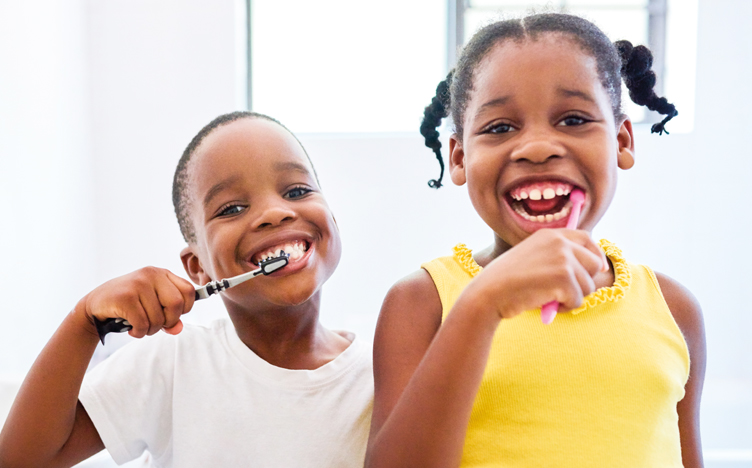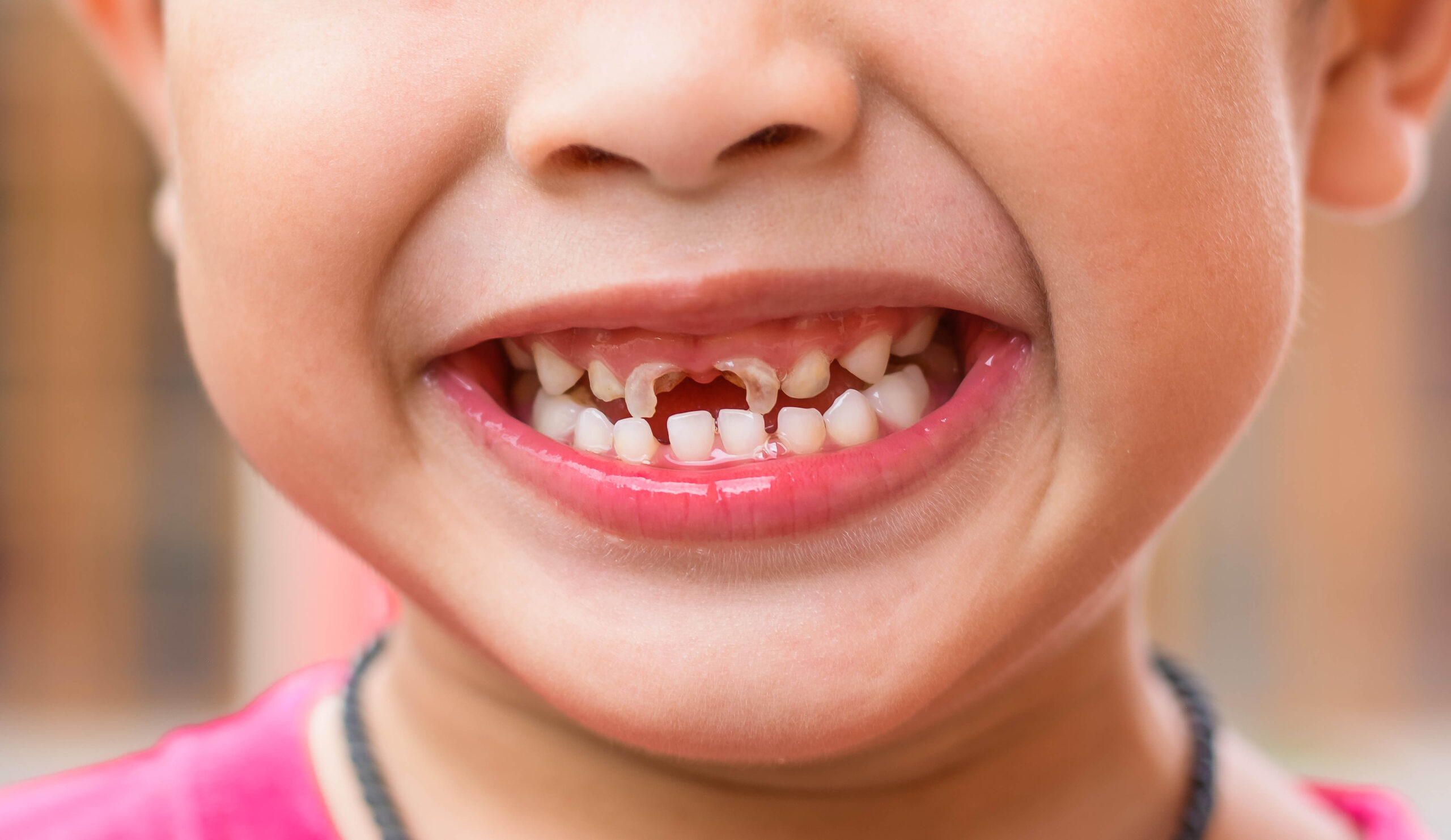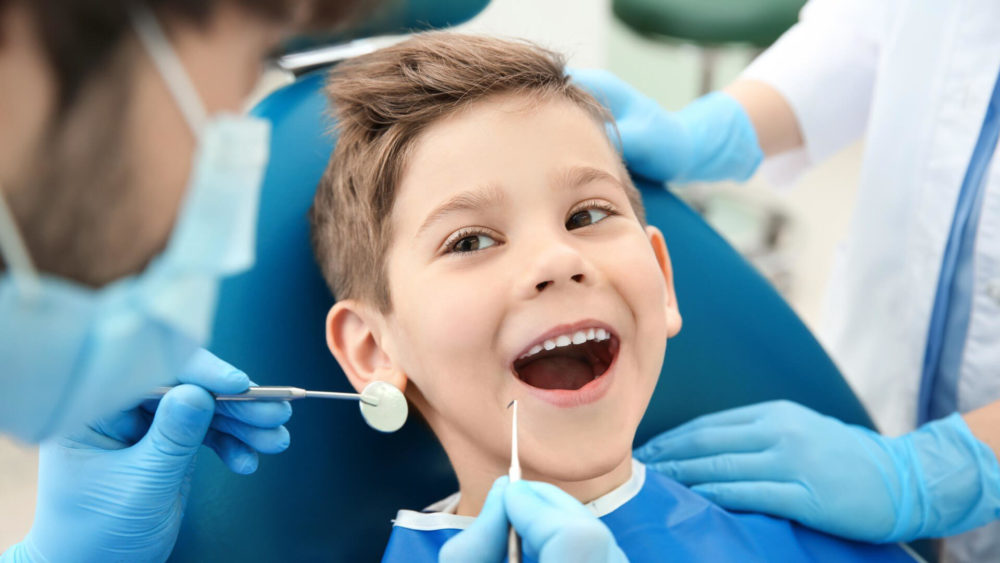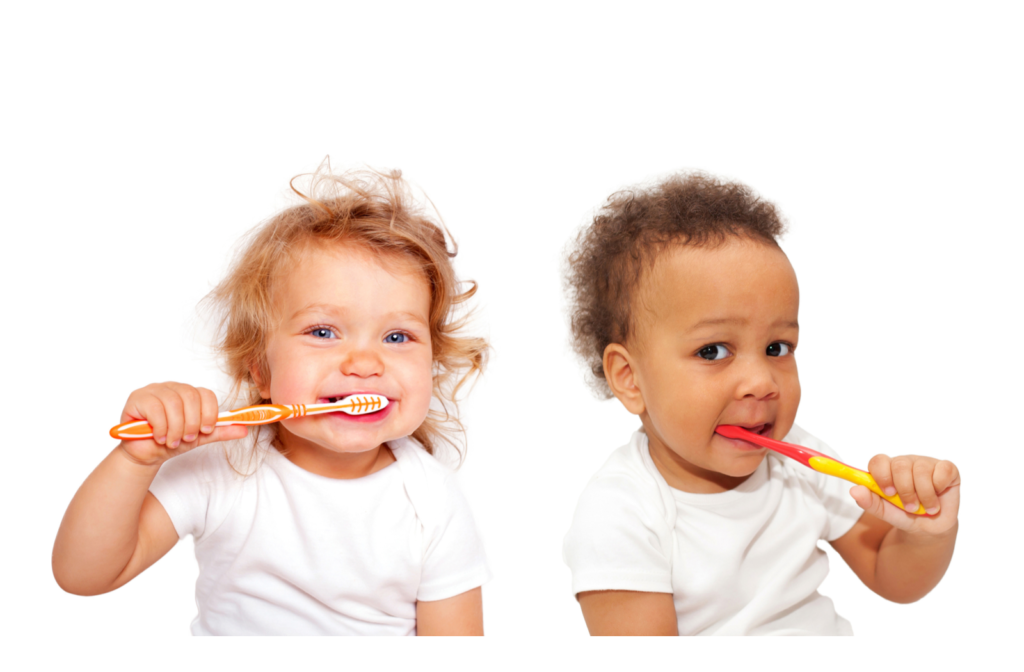Poor oral hygiene can affect your child’s health in more ways than one. Aside from the fact that poor dental health prevents your child from enjoying their favorite meals, dental hygiene is deeply interlinked with your child’s overall development.
Effects of Poor Oral Hygiene
As parents, we should be mindful of how our kids are brushing their teeth and flossing. We must also ensure regular visits to the dentist and teeth cleaning every six months. It will help maintain good dental health and detect the warning signs of dental problems before it’s too late.
Here are two ways in which poor dental health affects your child’s development –
- Effects on Behaviour & Self-Esteem – Kids with bad teeth have toothaches and discomfort in their teeth. They can get irritable or tired as they may not get a good night’s sleep. It is also difficult for children with poor oral health to concentrate or play sports. Poor dental health also affects your child’s self-esteem. It makes them embarrassed to freely interact with their peers, or to talk or laugh with confidence. Unhealthy teeth often look unpleasant and may give a child bad breath.
- Physical & Long-Term Health Effects – If your child refuses to eat foods like carrots, broccoli, and apples, it may be a dental health issue. It may be because they have a hard time chewing them. Tooth decay makes eating a painful exercise that children deal with by eating soft foods like pasta and porridge. But this practice could lead to an unbalanced diet that affects their overall development. Poor oral hygiene at a young age has a cumulative effect on overall health in the long term—people with dental problems battle diseases like diabetes, dementia, cardiovascular problems and respiratory issues in adulthood.
What Teeth Problems Do Young Children Encounter?
Dental problems don’t need to crop up after the child is grown-up. Kids with bad teeth may begin to face issues related to dental hygiene early in life. Without proper care, children can develop serious dental problems, including:
- Painful teeth and gums
- Difficulty chewing, eating, and sleeping
- Gum disease and inflammation
- Embarrassment when talking and smiling
What Care Should be Taken for Children’s Teeth?
As parents, we can do many things to care for our children’s teeth. When your children are young and still teething, start wiping their gums with a clean muslin cloth. As they get older, start brushing your teeth together to make it a fun exercise. Here are some more essential habits to develop in your children to ensure healthy teeth –
- Brushing – Brushing teeth twice a day (morning and night) with a good quality fluoride toothpaste helps prevent cavities. If your child has had any sugary foods or sweets, it is all the more important to brush their teeth before bed.
- Floss – Children should floss once a day to get rid of food particles stuck in their teeth and prevent plaque build-up in their teeth.
- Replace Toothbrush – You should replace your child’s toothbrush every three months or sooner if the bristles look frayed.
- Healthy Diet – A healthy diet rich in vitamins and minerals helps maintain healthy teeth. Limit sugary drinks and foods like chocolates or sweets.
- Regular Dentist Appointments – Take your children to a dentist visit every six months to ensure a good cleaning and check-up to find any signs of tooth decay.
Helping children learn an excellent oral hygiene routine is essential for a lifetime of good dental hygiene. Good habits like brushing twice a day, flossing, and avoiding sweets help develop kids’ dental care from a young age. If your child has poor oral hygiene, look for good dental treatment for kids in your area. Do not allow the problem to aggravate.
It is best to start teaching dental hygiene to pre-schoolers to set them up for a lifetime of good dental hygiene.





5